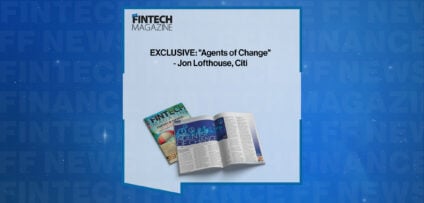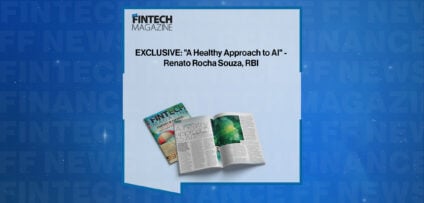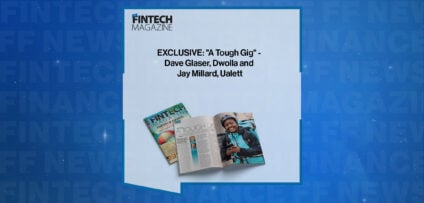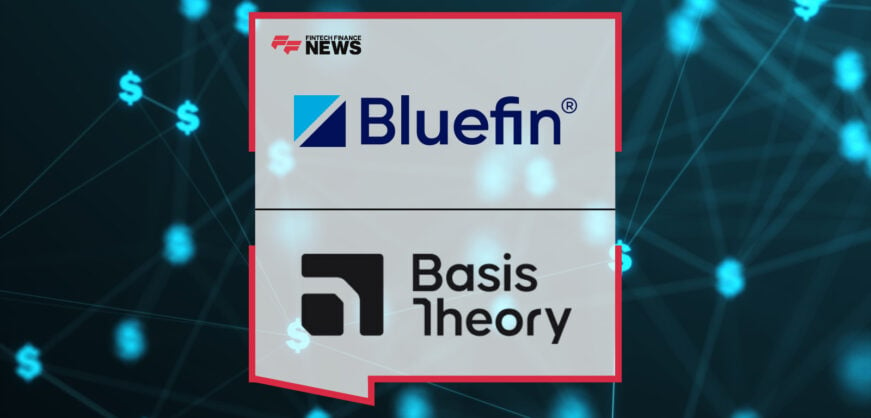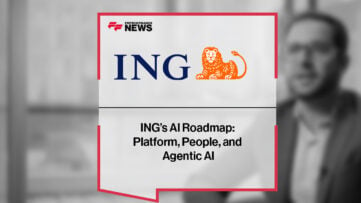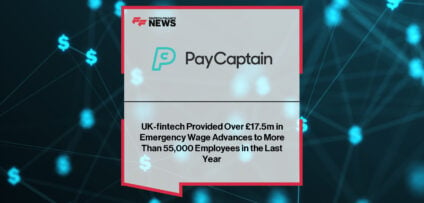Breaking News
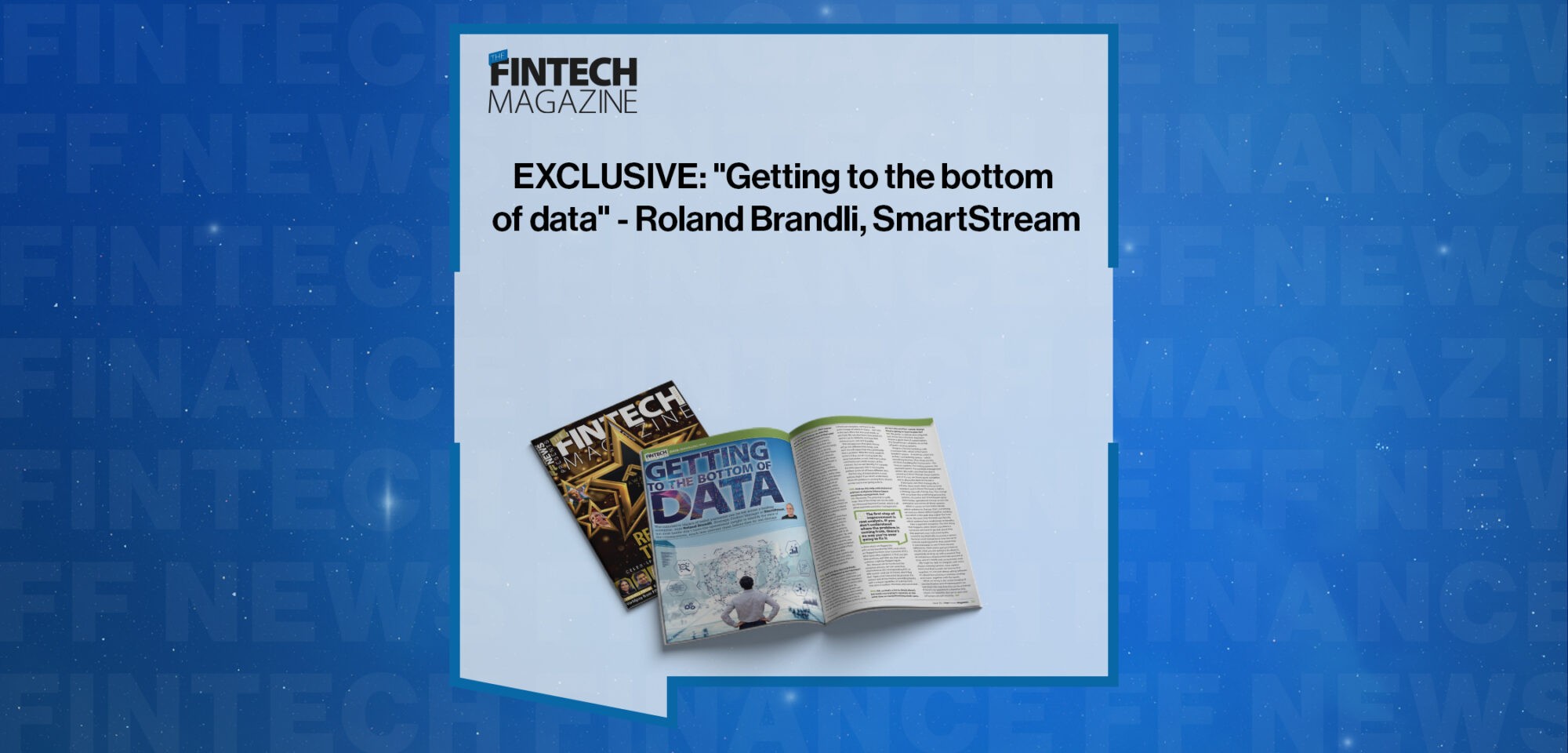
EXCLUSIVE: “Getting to the bottom of Data” – Roland Brandli, SmartStream in ‘The Fintech Magazine’
The cumulative impact of failed payments can be felt across a banking enterprise, says Roland Brandli, Strategic Product Manager at SmartStream, but most banks don’t have the operational insight to identify the scale of the consequences, much less prevent them before they do real damage
THE FINTECH MAGAZINE: What impact will ISO 20022 have on the data that banks are now going to have to deal with?
ROLAND BRANDLI: Many banks have already changed their legacy systems because they weren’t built to deal with the type and volume of data that ISO 20022 generates. Next, they have to identify how they can best use it. And I don’t think everyone has a clear picture of that yet.
We think where that data really comes into play is operationally. SmartStream is mainly known for its reconciliation software, but we have other solutions, such as for cash and liquidity, corporate actions, collateral, etc. And, in many cases, all those are working off the same dataset. So it’s really about connecting the dots – we have probably the widest set of data, with the deepest quality, within a banking organisation. It’s a question of identifying where can they reuse that data, and, if they have a problem, find where the source of that problem is.
For instance, if a payment goes wrong, that’s potentially going to have a knock-on effect on a bank’s ability to buy an equity and that might affect its collateral, which impacts its cash and liquidity. Most of the past couple of crises have arisen from liquidity risk, and then the market freezes up completely. And it’s because banks don’t really have the transparency between those systems.
This is what SmartStream with its AI components is trying to address. Up until now, I used to say we built the solution on two foundational data columns, one being process, the other being exception management; now we’ve added a third pillar, which is operational data. You can reuse it in other systems, but you can also draw in data from other systems, and provide context, from an operational control perspective.
TFM: And how does that help banks meet their obligations to the regulator?
“The first step of improvement is root analysis. If you don’t understand where the problem is coming from, there’s no way you’re evergoing to fix it”
RB: There was a big aspect of Basel III – BCBS 239 – that has never really been put into play, and that was that the regulators wanted to be able to connect source data to whatever happened to it later on. That’s exactly what SmartStream can do now. We can take source data coming from the internal or the external world, and while we’ll probably reconcile it, we can also push it to other systems. And, is show which are flagged for anti-money laundering (AML) and which are flagged for know your customer (KYC).
What quite often happens is that you get false positives, and later on, that samecustomer might be flagged again. But, because we’ve monitored the exception process, we can send that information to the corresponding KYC or AML system, and say, ‘in future, don’t flag that’. Again, that’s because we provide the context and all the history, providing banks with a unique capability of making sure that data is verified, checked, and corrected.
TFM: OK, so that’s a lot to think about, but banks are trying to operate at the same time as revolutionising their core so isn’t this another system change they’re going to have to plan for?
RB: We prefer to deliver preconfigured, out-of-the-box solutions, that don’t require a great deal of customisation. The SmartStream solutions sit on top of banks’ existing systems. Imagine a factory workshop with a conveyor belt, which is the bank’s broadest system – it could be a data bus, or their core banking system – which everything touches. Then there are lots of robots handling the transactions – the treasury systems, the trading systems, the payment system, the portfolio management system.
We make sure that the data is correct as it flows through those systems, and, if it’s not, we throw up an exception, which allows the bank to handle it. If the bank uses that strategically, it will also show issues that continue to be repeated, and it allows the bank to define a strategy that will change that. The change will come from the underlying processing systems, of course, but SmartStream gives them better operational control, across the enterprise and across all those systems.
When it comes to how banks decide which systems to change, that’s something we and our clients define together, working out which is the path that makes the most sense. Because only the bank can identify which systems currently have weaknesses or benefits. Take a payment exception. The first thing that happens when there’s a problem is someone will have to go and check how that payment was instructed by the customer by physically accessing a system because most transactions now are via an internet banking portal, then check how it was executed, to see if there are any differences.
Then you’re going to have to decide what you are going to do about it, potentially ending up with a reversal. That all consumes a disproportionate amount of time, and it’s mostly just unnecessary work. We might be able to integrate with some of your existing systems, even replace them, but that’s a path we have to find together. It’s not just about selling software; it’s about formulating a common strategy and vision, together with the banks.
What we bring is the understanding of standardisation and of optimisation; we can show the way that this can be achieved. If there’s no appetite in a bank for that, there’s no appetite. But we’ve seen a lot of hungry people recently.
This article was published in The Fintech Magazine Issue 30, Page 54-55
People In This Post
Companies In This Post
- Bluefin and Basis Theory Partner to Enable Unified Tokenization Across Digital and In-Person Payments Read more
- Invest Bank and AUTON8 Build Partnership to Drive Digital Resilience and Banking Agility Read more
- ING’s AI Roadmap: Platform, People, and Agentic AI Read more
- UK-fintech Provided Over £17.5m in Emergency Wage Advances to More Than 55,000 Employees in the Last Year Read more
- TreviPay Announces AI-Powered Growth Center to Help Enterprises Predict Buyer Behavior and Drive B2B Sales Read more







